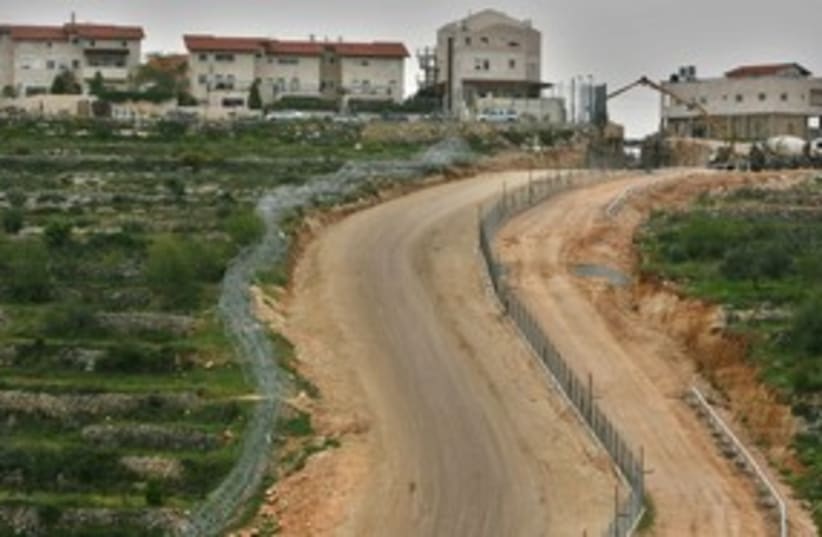Khaled Abu Toameh contributed to this report.
Israel won't cooperate with UN probe of settlements
Netanyahu calls UN Council "hypocritical" for voting 36 to 1 to create fact-finding mission investigating effects of settlements on Palestinian human rights; PA says it hopes decision will send message to Israel.

Khaled Abu Toameh contributed to this report.